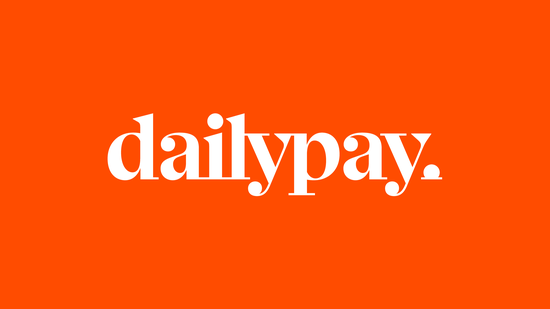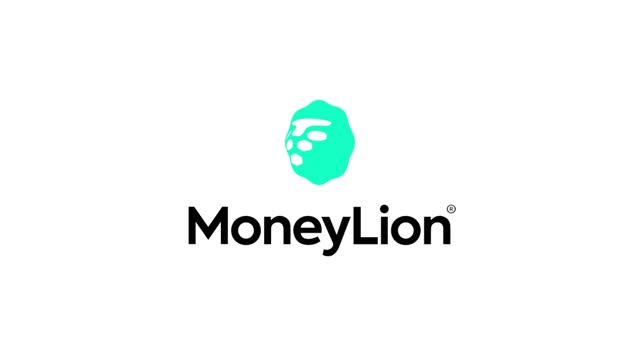The New York State Attorney General’s Office has filed separate lawsuits against DailyPay Inc. and MoneyLion Technologies Inc., alleging the companies’ earned wage access (EWA) services constitute illegal payday lending schemes in violation of state usury and consumer protection laws.
Attorney General Letitia James announced the litigation on April 14, asserting that both companies impose fees on early wage access transactions that can result in effective annual percentage rates (APRs) of up to 750%, far exceeding legal lending thresholds in New York. The lawsuits also allege deceptive practices and a cycle of repeat borrowing that mirrors traditional payday lending models, long prohibited under state law.
“New Yorkers deserve to keep the money they earn — not have it siphoned away by predatory financial practices,” said Attorney General James. “DailyPay and MoneyLion are exploiting workers under the guise of innovation, and my office is taking action to stop it.”
Legal Allegations and Remedies Sought

The Attorney General’s Office contends that DailyPay and MoneyLion’s wage advance products are disguised loans, not exempt financial services, and that the fee structures function as interest, thereby subjecting the services to state usury laws.
The lawsuits seek to:
- Prohibit the continuation of the alleged payday lending practices;
- Secure restitution for New York consumers;
- Impose civil penalties and recover litigation costs.
According to the complaint, the companies also allegedly encouraged users to take out additional advances to offset shortfalls caused by prior borrowing, a pattern consistent with debt trap lending.
DailyPay Files Countersuit for Declaratory Relief
In response to the state’s action, DailyPay revealed that it filed a lawsuit on April 7 seeking declaratory and injunctive relief in an effort to prevent the Attorney General from applying state lending laws to its services.
DailyPay maintains that its service is not a loan, but rather an employer-integrated financial tool that allows workers to access earned income prior to scheduled payday, without accruing interest.
“The Attorney General’s actions risk forcing consumers into more harmful alternatives like overdraft fees or high-interest loans,” said Jared DeMatteis, DailyPay’s Chief Legal and Strategy Officer, in a company statement. “We support smart regulation with consumer protections, but what’s being attempted here is both misguided and harmful.”
MoneyLion did not issue an immediate public comment on the litigation.

Regulatory Context and Industry Trends
The lawsuits arrive amid growing national debate over the regulatory status of EWA providers. While marketed as non-loan financial wellness products, some EWA services have drawn scrutiny from consumer advocates and financial regulators, who argue that high user fees and repeated transactions can resemble high-cost credit without the legal safeguards of traditional lending products.
In March 2024, PYMNTS reported that several states had enacted or proposed legislation establishing oversight frameworks for EWA providers, aiming to ensure transparency, fair pricing, and informed consent.
Former Consumer Financial Protection Bureau (CFPB) officials and legal scholars have also weighed in on the need for clearer rules distinguishing between legitimate earned wage access and unregulated high-cost lending.
Legal Significance:
This case may mark a pivotal moment in the legal classification of EWA products under state financial laws. The outcome could determine whether these services will be regulated as loans, subject to usury caps and consumer protections, or continue to operate in a regulatory gray area as employer-based payment tools.
Legal observers and fintech companies alike will be watching closely as the lawsuits move forward in the New York State courts.

